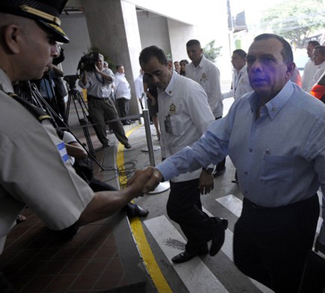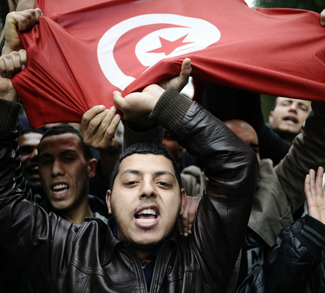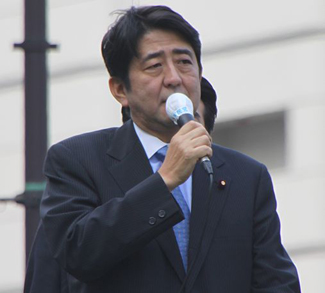Since the constitutional crisis and coup of 2009, Honduras has inhabited international headlines for all the wrong reasons. It’s possible that this is about to change.
Military rule and authoritarianism has cast a long shadow in the modern era of Honduran politics. The Honduran armed forces ruled the country outright between 1963-1971 and again from 1972-1982, and even when they weren’t in direct control, they continued to exert a powerful influence over the political process. More recently, the military had a hand in the 2009 ousting of democratically-elected President Manuel Zelaya; a move that resulted in Honduras being temporarily suspended from the Organization of American States (OAS).
Not surprisingly, Honduras has come to exhibit several symptoms of a dictatorship hangover: weak political institutions, corruption, a lack of political transparency, widespread poverty, and a sharply divided population. Along with these internal political challenges, Honduras is also facing an external menace in the form of transnational drug cartels. Owing to its location between drug-supplying South America and the drug-demanding United States, Honduras has become an important part of the cocaine trafficking route that runs through Central America. Consequently, major players such as the Sinaloa cartel and Los Zetas have established a presence in Honduras, piling even more pressure on an already-strained domestic security apparatus.
The abovementioned list of challenges makes one thing crystal clear: the government of Honduras has a mountain to climb to get out of the basement of Latin American development. The good news however is that it seems up to the job and with a little luck, it might just get there.
Among the positive signs, first and foremost are President Lobo’s attempts to rectify the security situation within Honduras. The Lobo administration is well aware that the success or failure of economic development hinges on the physical security of foreign investment as well as a functional police force. As such, the government has implemented a variety of reforms meant to safe-guard foreign investment and improve internal policing, including anti-terrorism legislation, a law to enable 48-hour detentions, asset forfeiture and wiretapping regulations, drug trafficking extradition reform, and increased taxes on mining, telephone, and other industries to finance an overhaul of internal security forces. Also, in order to supplement Honduras’ undermanned police forces, President Lobo has authorized the military to engage in domestic policing. Given the military’s past record of meddling in Honduran politics as well as negative examples of military policing around the world, many have been quick to condemn this move. However, it should be viewed as a necessary step in stabilizing the country’s internal security situation. Like the situation currently playing out in Mexico, the challenge at hand is such that it demands all of the resources that are at a government’s disposal.
These reforms have resulted in tangible economic successes. The central government has managed to lower its budget deficit to 3.5% of GDP, down from 6.2% in 2009. Also, the Honduran economy has managed to emerge from the Great Recession largely intact, growing at an admirable rate of 3.8% in 2011 and 4% in 2012.
There has also been a political reconciliation since the events 2009, and the administration of President Lobo (elected in 2010) authorized former President Zelaya’s return from exile in May 2011. New general elections are scheduled for next year, and the outcome is difficult to predict due to the fact that most Honduran voters are still undecided. What is clear however is that there is substantial voter dissatisfaction with the political stalwarts of the Liberal Party and the National Party. In this kind of environment, a ‘third way’ party could make substantial inroads. Across the board, candidates have been lining up to secure their party’s nomination, including several prominent members of the Zelaya administration and even the ex-President’s wife, Xiomara Castro. A successful round of general elections in 2013 will go far in nudging Honduran democracy past the trauma of 2009 and towards a brighter, more prosperous future.




